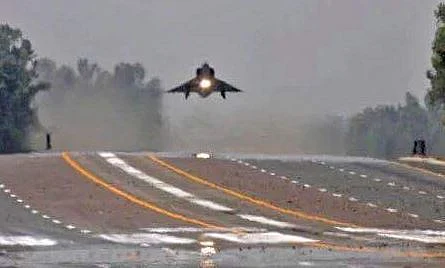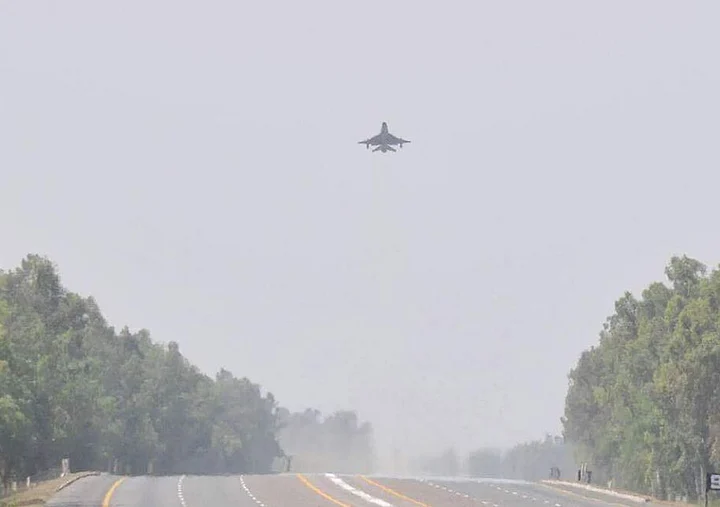In the wake of the terror attack in Uri that killed 18 Indian soldiers and injured close to 30, diplomatic ties between India and Pakistan have been further fraught with tension.
The rhetoric of war and hostility has been chanted over and over in the past few days, with TV channels and media outlets holding debates about what India’s next steps should be.
On Thursday, Pakistan’s national daily Dawn responded to media reports of Pakistan’s armed forces preparing for a possible Indian attack, indicated by a no-fly zone declared over Pakistan-occupied-Kashmir.
Despite official insistence that the activities had been planned in advance, Wednesday’s closure of airspace over the country’s northern areas and flights by Pakistan Air Force (PAF) fighter planes participating in exercises fuelled rumours that the country’s armed forces were preparing for a possible Indian attack, driving the stock market down.
Sights of fighter jets participating in the PAF “drill” triggered speculations that have caused stocks in Pakistan to fall.
Former Karachi Stock Exchange chairman Arif Habib blamed the tumbling stocks on the hype created by the electronic media about tensions between Pakistan and India, which gave the impression that a confrontation was imminent.
The Quint too carried a report on Pakistan’s declaration of a no-fly zone over PoK on the night of 20 September. Pakistan’s national flag carrier, Pakistan International Airlines (PIA), had also cancelled flights to northern Pakistani cities, including Gilgit and Skardu in PoK, due to “airspace restrictions”.
Sources in the military informed The Quint that at least 20 terrorists were neutralised by the Indian Army in a cross-LoC operation.
Dawn, however, published a contradiction in their report, saying Indian troops were in a state of mobilisation, according to a Pakistani military official.
Certain media outlets also broadcast reports claiming that Indian troops had been moved to forward locations. Ever since India adopted the cold-start doctrine, troops that used to be stationed 800-1,000 km from the LoC and Working Boundary have now moved to a proximity of around 200-250 km. According to a defence analyst, this implied that India’s war-time troop locations from 2005-06 were now their regular deployment zones.
While Dawn deemed the airspace restrictions an exercise that had been planned in advance, Pakistan Air Force’s silence around the matter has fuelled more rumours, the publication conceded.
Talking to Dawn, a senior military official rejected the reports about any change in the alert level over the past few days. However, he noted that “extreme vigilance” was being exercised in view of the current threats from India. It is expected that official details about the exercises will be released in the coming days.
Dawn quoted a Pakistani military official as saying that the closure of airspace was part of a routine training exercise – Highmark – that is held every five years.
The Uri attacks and Pakistan Prime Minister Nawaz Sharif’s subsequent speech at the United Nations General Assembly about human rights violations in Kashmir has invoked strong reactions from India.
The weapons recovered from the four slain terrorists in the Uri attack had Pakistani markings. Other items recovered, including food, medicines and clothes were made in Pakistan, according to a Ministry of External Affairs statement.


